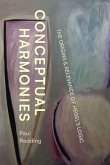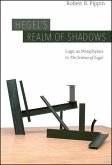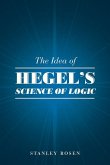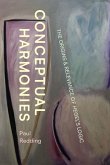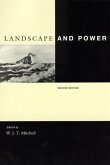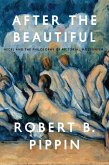"In Practice, Power, and Forms of Life, philosopher Terry Pinkard interprets Sartre's late work as a fundamental reworking of his earlier work, especially in terms of his understanding of the possibility of communal action as genuinely free, which the French philosopher had previously argued was impossible. Pinkard shows how Sartre figured in contemporary debates about the use of the first-person and how this informed his theory of action. Pinkard reveals how Sartre was led back to Hegel, which itself was spurred on by his newfound interest in Marxism in the 1950s. Pinkard also argues that Sartre took up Heidegger's critique of existentialism, developing a new post-Marxist theory of the way actors exhibit the class relations of their form of life in their actions, and showing how genuine freedom is present only in certain types of "we" relationships. Pinkard argues that Sartre constructed a novel position on freedom that has yet to be adequately taken up and thought through in philosophy and political theory. Through Sartre, Pinkard advances an argument that contributes to the history of philosophy as well as contemporary and future debates on action and freedom"--
Hinweis: Dieser Artikel kann nur an eine deutsche Lieferadresse ausgeliefert werden.
Hinweis: Dieser Artikel kann nur an eine deutsche Lieferadresse ausgeliefert werden.



